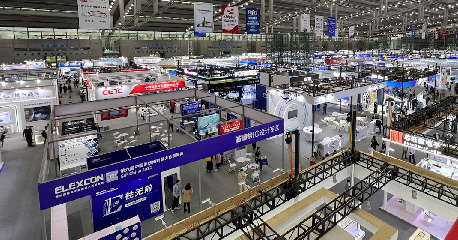.jpg)
The South Korean technology giant Samsung Electronics (Samsung) has a low 4nm foundry yield and cannot solve performance and overheating problems. Its next-generation Exynos processor will be produced on a 5nm process and used in mid-range machines. The new flagship of the Galaxy S23 uses the Snapdragon 8 Gen 2 application processor that Qualcomm commissioned TSMC to manufacture on a 4nm wafer.
Korean media The Elec reported that Samsung’s Exynos processor uses 4nm and 5nm processes, but due to the very low yield of 4nm, performance and overheating problems still cannot be overcome, so Samsung plans to launch the Exynos 2300 in the future. Using 5nm process.
The report pointed out that the Qualcomm Snapdragon 8 Gen 2 application processor uses TSMC's 4-nanometer process, and the overall performance is higher than the 5-nanometer Exynos 2300. According to the source, Samsung therefore had to choose the Snapdragon 8 Gen 2 as the processor for the S23 and the Exynos 2300 for the mid-range model.
Another source pointed out that Samsung believes that 4nm is only a process of transitioning from 5nm to 3nm, and the resources invested may be very small, but the person added, but the customer demand for 4nm is higher than expected.
Kyung Kye-hyun, head of Samsung's chip division, admitted in September that it lags behind rival TSMC in both 4nm and 5nm progress and yield.


